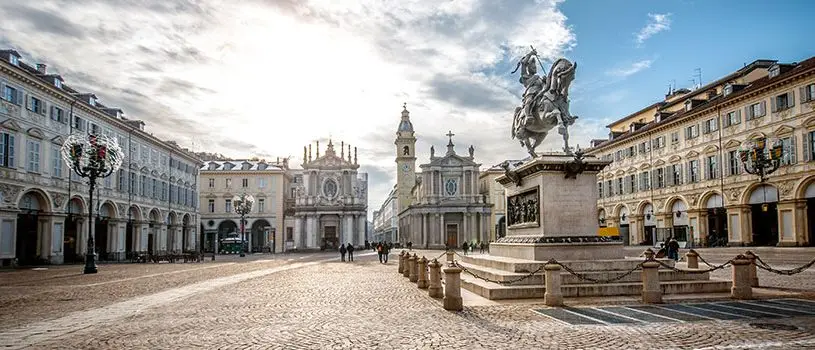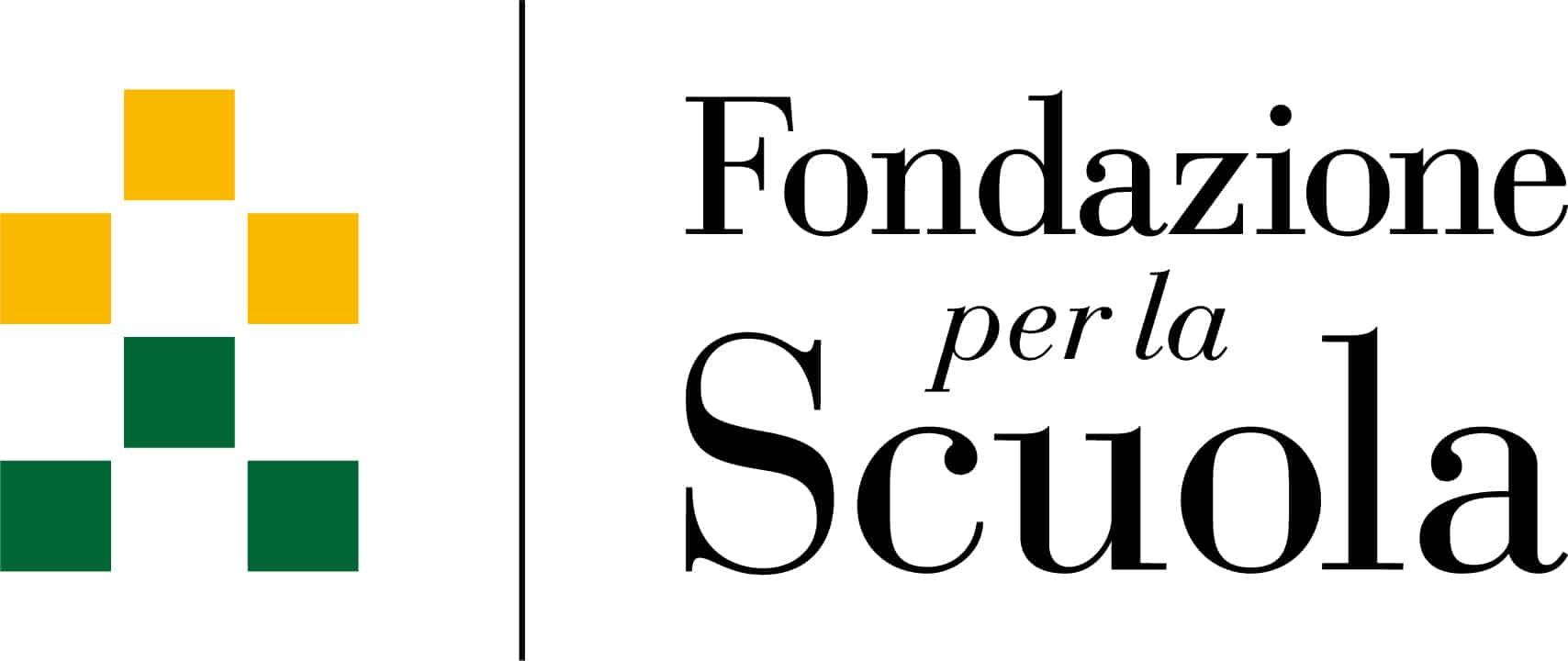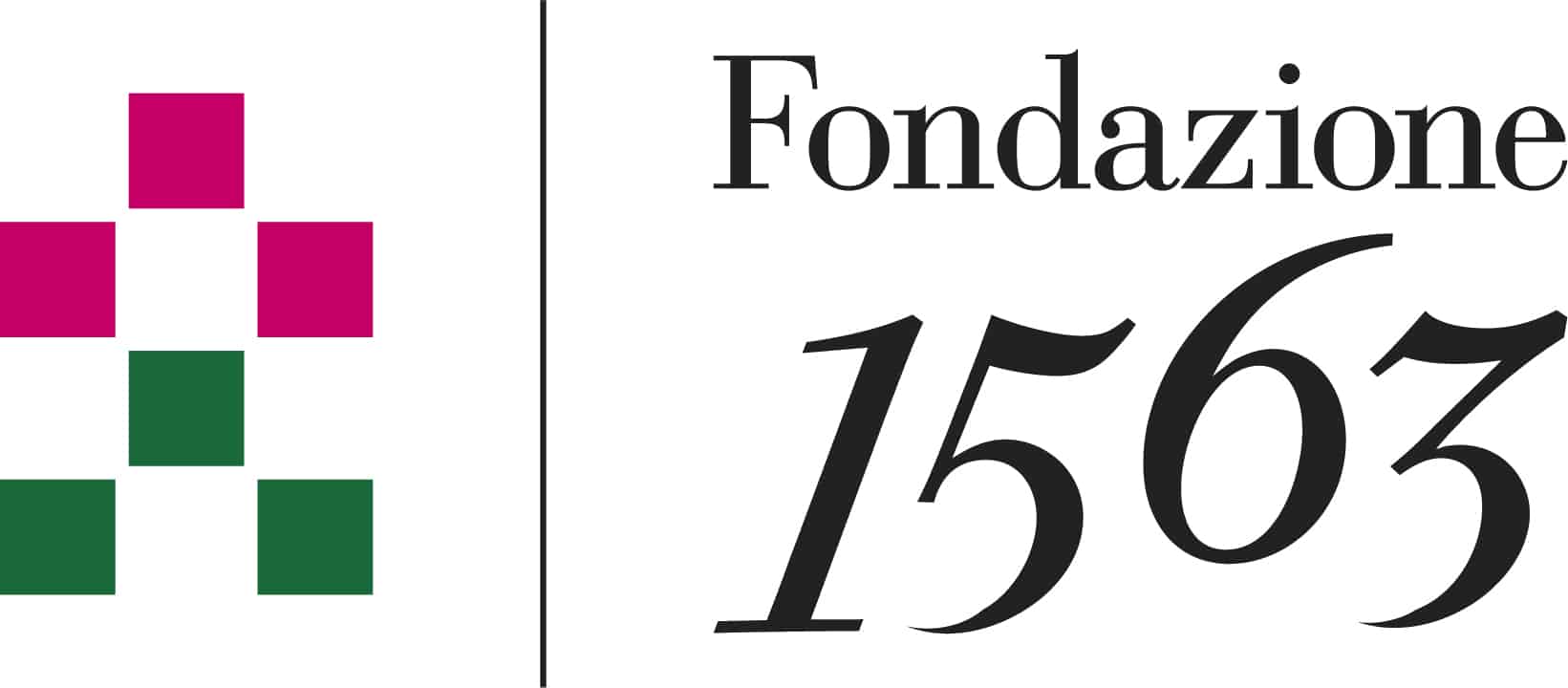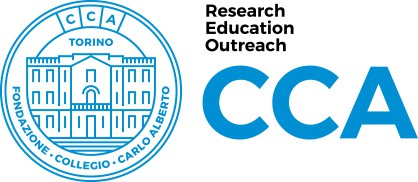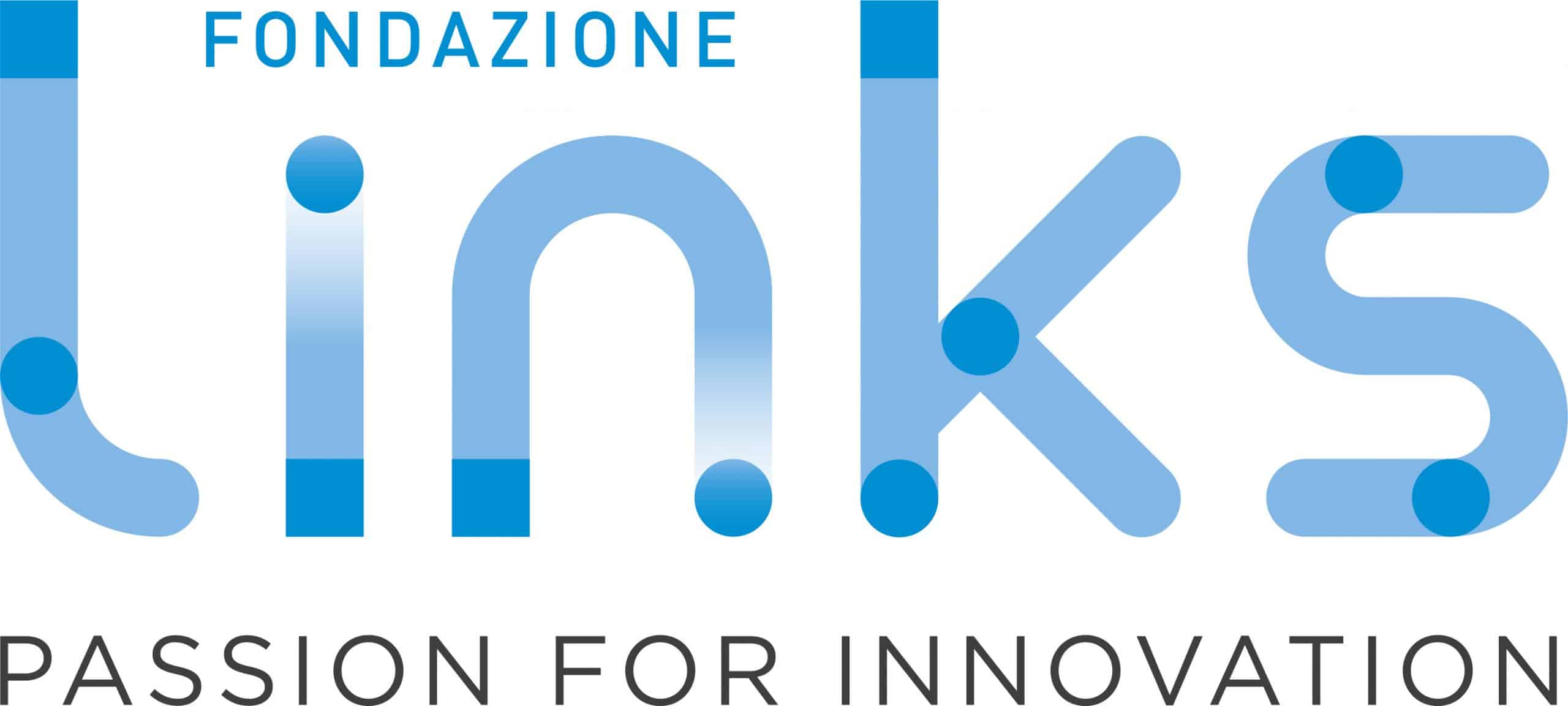We are an international philanthropic foundation, committed to innovation and the sustainable development of our catchment area. Since 1563, we have been promoting positive pathways for individuals and the community, by fostering cultural, civic and economic development.
The three Goals into which our work is divided – Culture, People and Planet – originate from our desire to align with the international standards established by the 17 Sustainable Development Goals (SDGs) set down in the United Nations’ Agenda 2030. In 2025, these have been complemented by other major reference frameworks, namely the Pact for the Future, adopted by the United Nations in 2024, to boost collective commitment to achieving goals that have positive impacts at both a local and global level; the European Union’s planning, which provides crucial directives on tackling the green transition and the technological transition, while also promoting competitiveness and social equity; and Italy’s National Recovery and Resilience Plan (PNRR), which guides the way we support communities, leverage the progress achieved and foster resilient, sustainable development.
Trust, risk and flexibility
Our work is guided by three key concepts. Trust involves equipping local organisations with the necessary know-how to implement projects effectively, without imposing undue bureaucratic constraints. Risk, or more precisely our willingness to assume rational levels of risk, enables us to invest in initiatives with uncertain outcomes and view them as a learning opportunity. Flexibility enables us to respond promptly to new needs, by integrating financial and non-financial support and shaping our actions appropriately to meet emerging challenges.
The cross-cutting methodologies
We have outlined four cross-cutting methodologies that guide every intervention. Mobilisation and partnerships play a crucial role in multiplying resources and fostering synergies between public, private and philanthropic actors. We adhere to the model of a learning organisation in order to enhance our ability to assess the impact of the actions we take, through data analysis and partnerships with academic institutions and research centres. Advocacy plays a key role in our work on influencing public policy and promoting systemic change. Lastly, internationalisation is crucial to our efforts to foster local development and attract strategic projects and investments.
The thematic priorities
Our thematic priorities are focused on two main lines that guide our action and reflect our commitment to collective welfare. Our commitment to reducing inequalities for individuals and communities is one we approach structurally and strategically, with a view to combating poverty and reducing disparities within North-West Italy, with a primary focus on people and communities. Alongside this, we promote sustainable local development in a manner that integrates with our vision of reducing inequalities. We recognise that these two objectives are inextricably linked and need to be pursued in tandem to ensure fair, lasting change, by fostering synergies between economic growth and social welfare.
The two speeds of intervention
We have introduced a “two-speed” system into our economic planning, which involves two distinct ways of allocating resources to implement our strategic lines. The first speed, geared towards systemic change, supports long-term initiatives targeting the underlying causes of problems, by promoting skills and generativity. The second speed relates to high-impact projects, focused on major system-building programmes, with visible, long-lasting effects. This approach enables us to combine targeted, high-impact interventions with a systemic vision in order to tackle the challenges facing the catchment area.
Sustainable development is our goal and the ideal continuation of a journey begun in 1563, when seven citizens formed the religiously-inspired civic association that took the name of “Compagnia di San Paolo”, with the clear philanthropic aims of helping the poorest people of Turin. Almost 500 years later, with a rich, complex but coherent history behind it, FCSP now operates in Piedmont, Liguria and Valle d’Aosta in the sectors permitted by Italian legislative decree 153 of 17 May 1999; under the terms of its Constitution, it chooses its areas of intervention every three years.
